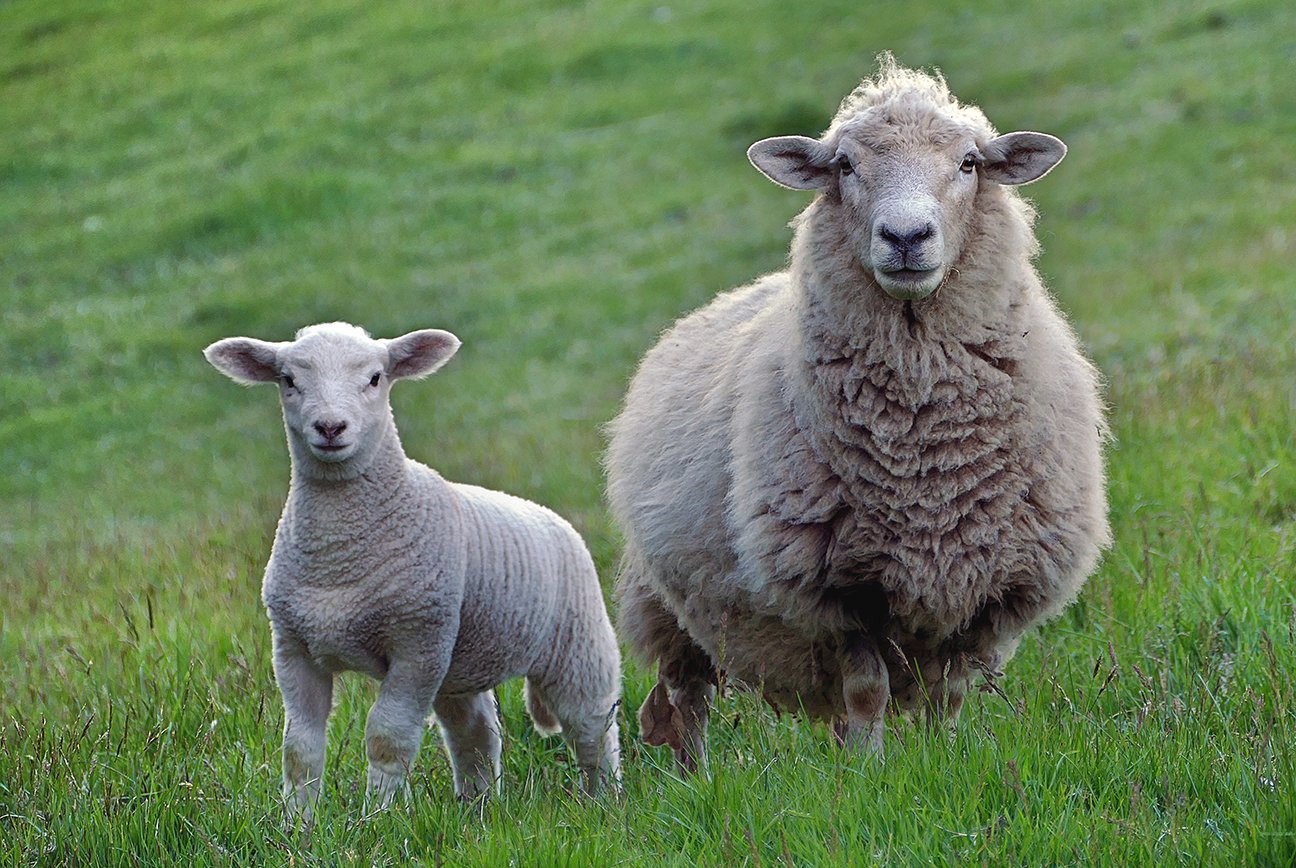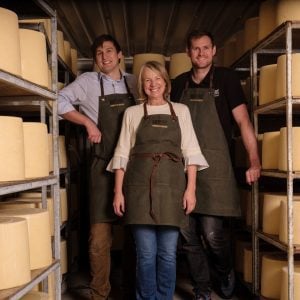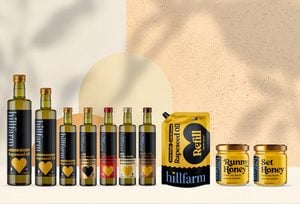
British cheesemakers are struggling to source enough milk to meet rising demand for sheep’s cheeses due to a lack of sheep dairy farms in the UK.
The perceived health benefits of sheep’s milk, viral recipes on social media and growing interest in Continental cheeses generally have helped drive sales of sheep’s milk cheeses in the UK in recent years. But there are estimated to be only 35-50 farms milking sheep in the country, many of them cottage industries, meaning milk is in short supply and prices are rocketing.
“It’s a massive challenge,” said Mario Olianas, owner of Yorkshire Pecorino, who has seen milk costs rise by 50% in 18 months to £1.50 per litre.
“A lot of farmers stopped production because of Covid and when feed and energy prices went through the roof.
“There are also more cheesemakers in the UK who want to use sheep’s milk.”
New producers include Butlers Farmhouse Cheeses, which is one of the largest sheep’s cheesemakers in the country after it acquired the Parlick hard cheese brand from Singletons in 2022. Last year, the range was expanded with Parlick Brie and the flavoured Parlick Olive cheese, which were listed by Waitrose and Morrisons, respectively.
Roger Longman, owner of White Lake in Somerset, which makes English Pecorino and Sheep Rustler, said there weren’t enough incentives for farmers to switch to sheep milk production.
“There is a lack of sheep milk being produced, particularly in the south, and whilst interest rates are high it’s hard for farmers to diversify,” he said. “Traditionally it was hard to sell sheep’s milk, with lots being frozen in the spring, which is difficult with energy costs so high.”
Europe’s sheep’s milk cheese producers are facing their own challenges, particularly in Spain where soaring milk prices caused by increased feed costs and an outbreak of sheep pox, and increased demand from the US, have affected the price and availability of mature Manchego in the UK.
“They don’t want to risk holding cheeses for up to a year and prefer to release them when they are younger for faster cash flow and less risk,” one importer told FFD.
Back at Yorkshire Pecorino, Olianas said that recipes on Instagram and TikTok, such as carbonara and cacio e pepe, had also added to demand: “Pecorino has become a sexy ingredient. We need more support and subsidies for farms to encourage them to move into milking sheep.”
This article first appeared in the June 2024 edition of Fine Food Digest .



